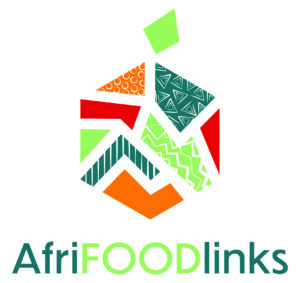Organic waste diversion and composting
The City of Cape Town, linked closely to national goals, has set the ambitious target of reducing the city’s organic waste disposal to landfill. In their Climate Change Strategy, the city is targeting 100% diversion by 2027 through better waste separation, treatment and utilisation. On the ground, there are smaller-scale projects to reinforce this objective. For example, Cape Town implemented the Langa Organic Waste Diversion and Composting Trial – a two-phased pilot project aimed at meeting provincial directives on diverting organic waste from landfills. During the first phase, the City of Cape Town provided waste containers to informal fruit and vegetable traders and established a logistics network to process the organic waste at the food garden of a local primary school.
During the second phase, three local residents were employed and trained in composting. Equipped with a pedal-driven bicycle and trailer, the workers collected organic waste from participating local food waste generators two or three times a week and composted it. The compost was, in turn, distributed to local food gardens.
In total, the trial diverted 56.5 tons of organic waste from landfills, reducing greenhouse gas emissions by approximately 58.5 tons of carbon dioxide.



